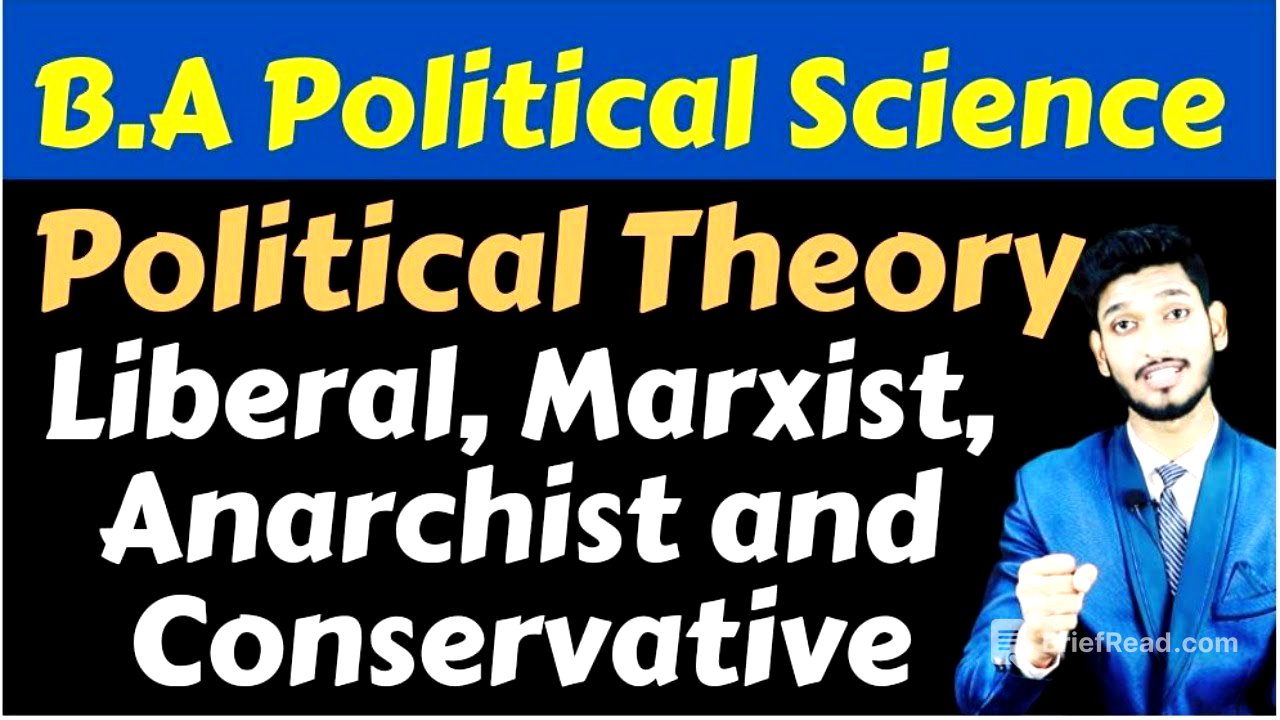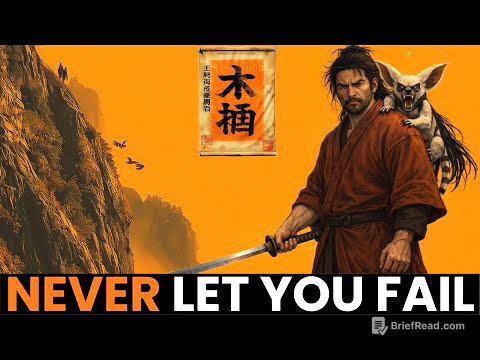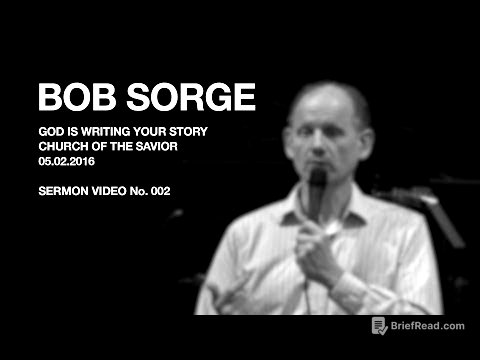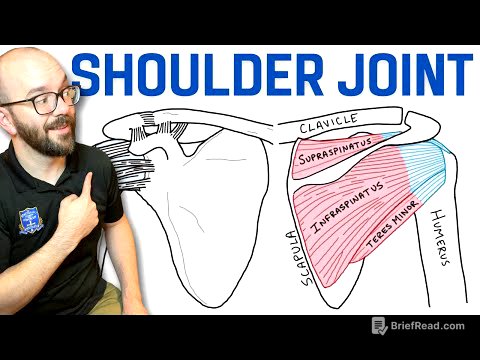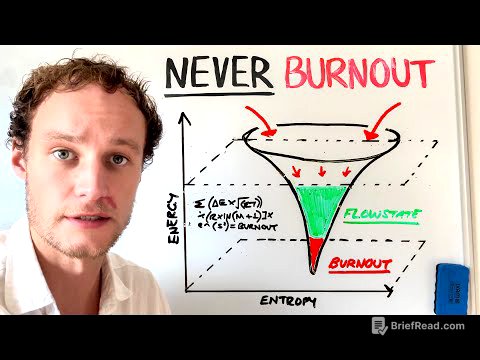TLDR;
This video provides an overview of traditional political ideologies, including liberalism, Marxism, anarchism, and conservatism. It explains the core tenets of each ideology, their historical context, and their views on the role of the state and individual liberty. The video also touches upon postmodernism and its critique of traditional ideologies. The speaker references external videos that cover each ideology in more detail.
- Overview of traditional political ideologies
- Explanation of liberalism, Marxism, anarchism, and conservatism
- Discussion of postmodernism and its critique of traditional ideologies
- References to external videos for more in-depth understanding
Introduction to Political Ideologies [0:00]
The video introduces a series of lectures on political science, focusing on traditional political ideologies. The discussion will cover liberalism, Marxism, anarchism, and conservatism. The speaker mentions previous topics covered, including political theory and empirical political analysis. The current focus is on understanding the traditional ideologies within the context of political thought.
Liberalism Explained [5:16]
Liberalism emphasizes individual liberty, private property, and limited government intervention. It advocates for a society where everyone has a vote and enjoys social and economic freedoms. The state's role is minimized, with the private sector taking the lead in economic activities. The speaker connects liberalism to capitalism and refers viewers to a separate video that explains liberalism in detail, including its historical roots and key thinkers like John Locke and Rousseau. Locke argued for inherent rights to life, liberty, and property, which governments cannot infringe upon.
Marxism and Socialism [11:00]
Marxism, originating with Karl Marx in 1818, critiques capitalism and advocates for a classless, stateless society. Marx's "Das Kapital" and "Communist Manifesto" analyze exploitation within capitalism and call for the unification of the working class. The goal is to abolish capitalist structures and establish a socialist state where resources are equally distributed. The speaker explains that in Marxist socialism, the state initially exists to ensure equality, but eventually, it withers away, leading to a communist society with no state and equal access to resources. Marxism is also known as communism.
Anarchism and Conservatism [14:49]
Anarchism advocates for the abolition of the state, believing that eliminating state power will resolve societal problems. Conservatism, on the other hand, emphasizes the importance of tradition, old customs, and established systems. Conservatives argue that traditional practices have been carefully developed over time and should be maintained. They are wary of modern ideas and advocate for adhering to established rules and norms. The speaker directs viewers to separate videos for more information on each ideology.
Postmodernism and Course Conclusion [16:40]
Postmodernism critiques traditional ideologies, including conservatism, by questioning the validity of old rules and systems in a changing world. It suggests that societies should adapt to modern developments and technologies. The speaker refers viewers to a video explaining postmodernism. The speaker concludes by summarizing the ideologies covered and providing links to additional resources in the video description, including notes available on a website.
